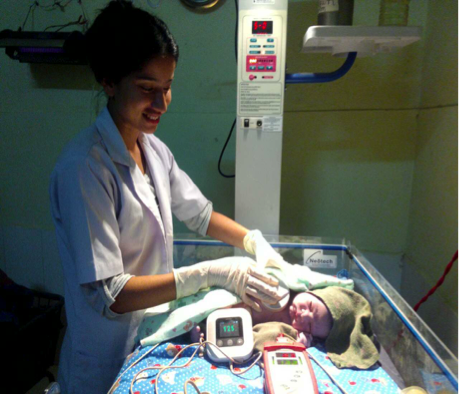
Longitudinal follow up of delay cord clamping (NEPCORD-III)
- Overview
Timing of cord clamping is a topic of debate that has somehow ended up with avoidance of immediate/early cord clamping yet not adhered to delayed cord clamping practice with the lack of enough evidence of its long-term effects. Most of the studies support short term benefit of delayed cord clamping i.e. protection from iron deficiency anemia at early age of life and there are ongoing studies on attempting to establish direct or indirect relationship with iron store and brain functions ultimately contributing to optimal neurodevelopment of children. Having the assumption accepted children in many low resource (be it human or finance) and poor health system countries like Nepal will be largely benefitted with delayed cord clamping practice securing a healthy and quality life ahead.
Regarding this, a follow up of 3.5 year babies on neuro-developmental milestone in term and late preterm babies of cord clamping study is being carried out. Original trial was conducted in Nepal at the Paropakar Maternity and Women’s Hospital, with a birth rate of 22,000 per year. The objective of this study is to assess long term effect of delayed cord clamping compared to early cord clamping on neurodevelopment at three years of age using Child’s development assessed using the Ages and Stages Questionnaire, Third Edition (ASQ) 36-month questionnaire translated into Nepali through phone interview.
Related Project
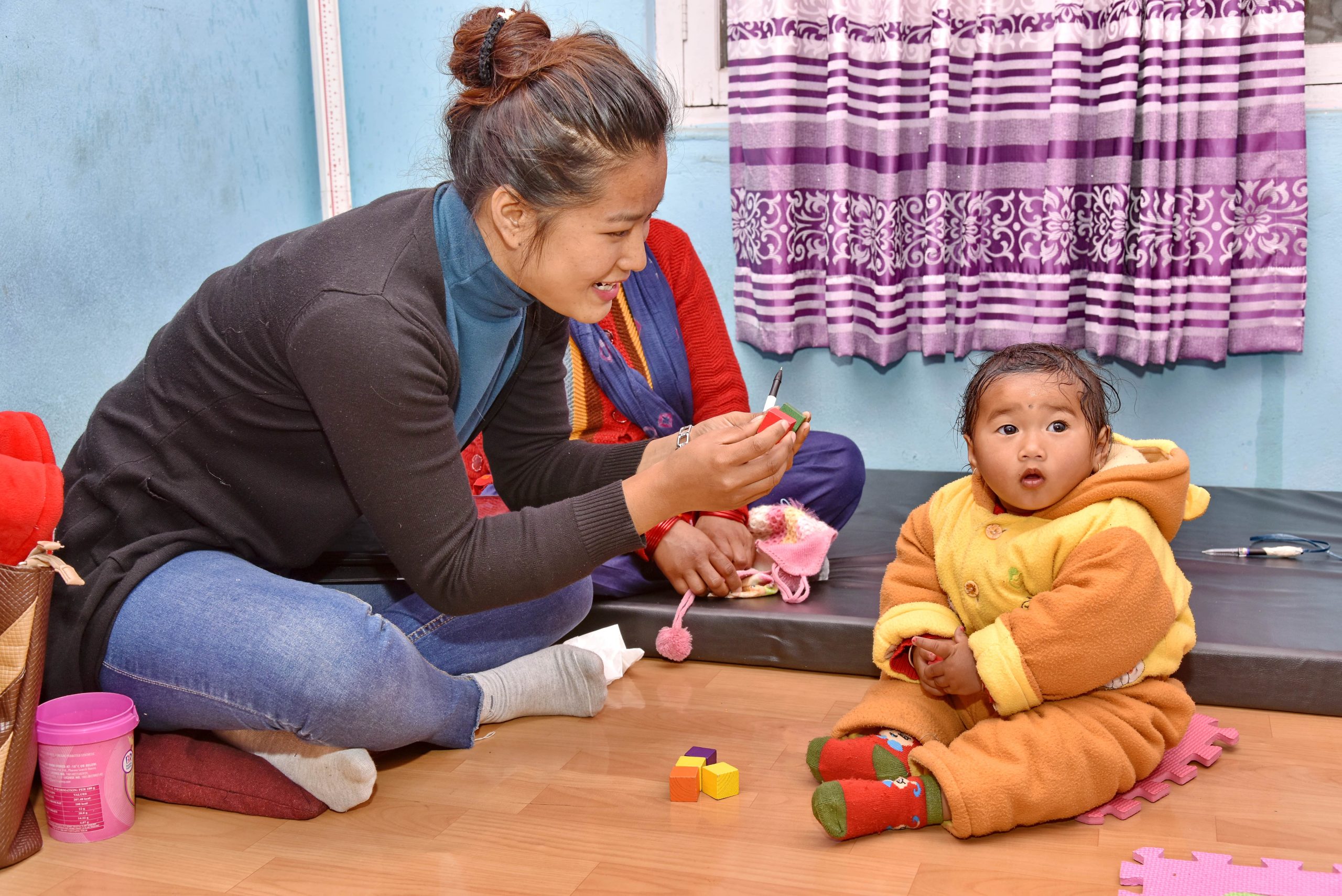
Every Newborn – Simplified Measurement Integrating Longitudinal Neuro Development and Growth (EN-SMILING)
In low- and middle-income countries, there has been a noticeable decline in mortality rates among children under 5 years...
Learn More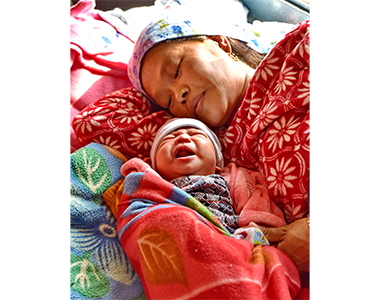
IMPLEMENTING RESPECTFUL MATERNITY CARE (RMC)INTERVENTION TO IMPROVE PERINATAL MENTAL HEALTH
Several studies in low- and middle-income settings have shown that mistreatment and disrespectful care during childbirth is a major...
Learn More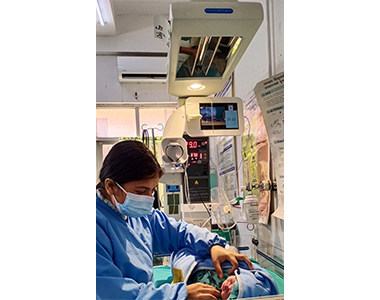
IMPROVING ADHERENCE TO NEONATAL RESUSCITATION USING MACHINE LEARNING AT QUALITY IMPROVEMENT APPROACH(Pre-MALA)
High quality neonatal resuscitation is a key to save newborn lives, prevent brain injury and optimize child development, yet...
Learn More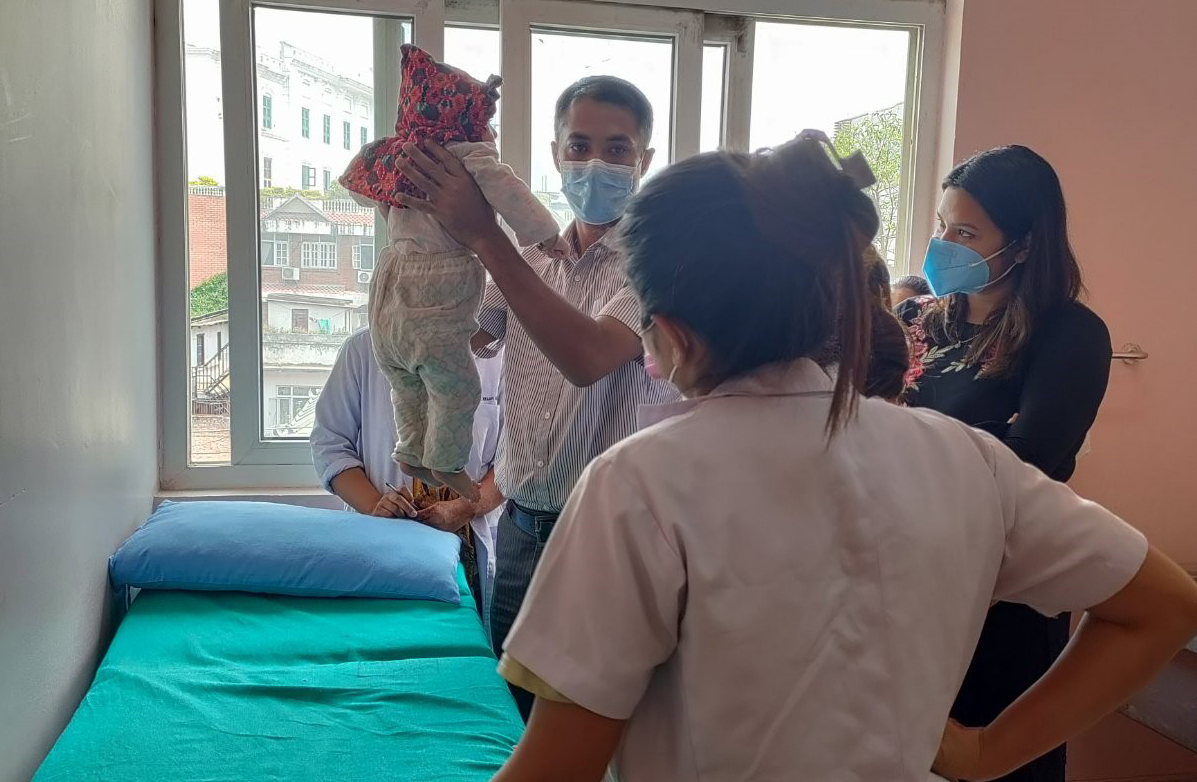
FEASIBILITY OF REMOTE GENERAL MOVEMENTS ASSESSMENT (GMA) FOR EARLY RECOGNITION AND REHABILITATION OF CEREBRAL PALSY IN NEPAL
Cerebral Palsy (CP) is a syndrome of non-progressive movement and posture disorder caused by damage to the developing brain...
Learn More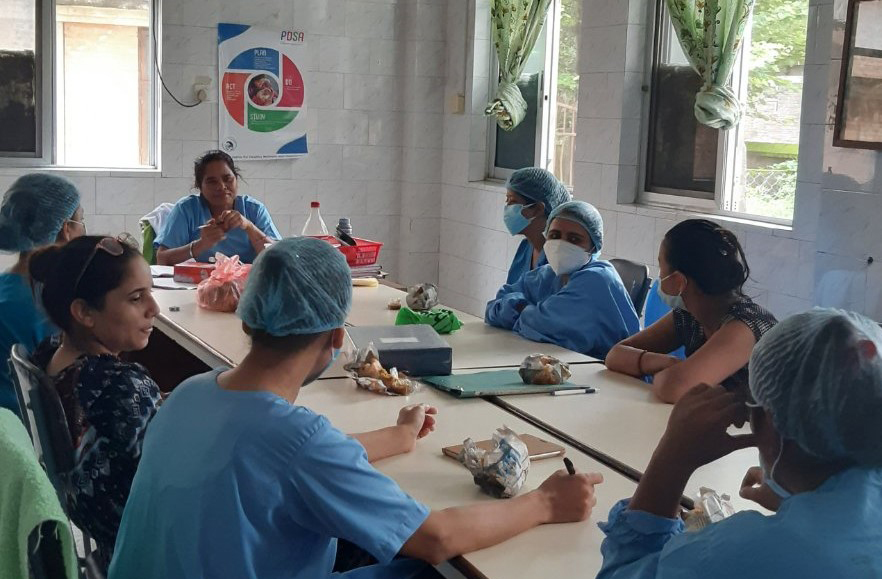
Scaling Up Safer Birth Bundle Through Quality Improvement in Nepal (SUSTAIN)
Golden community in collaboration with the Ministry of health and Population, Government of Nepal (GoN) and Uppsala University has...
Learn More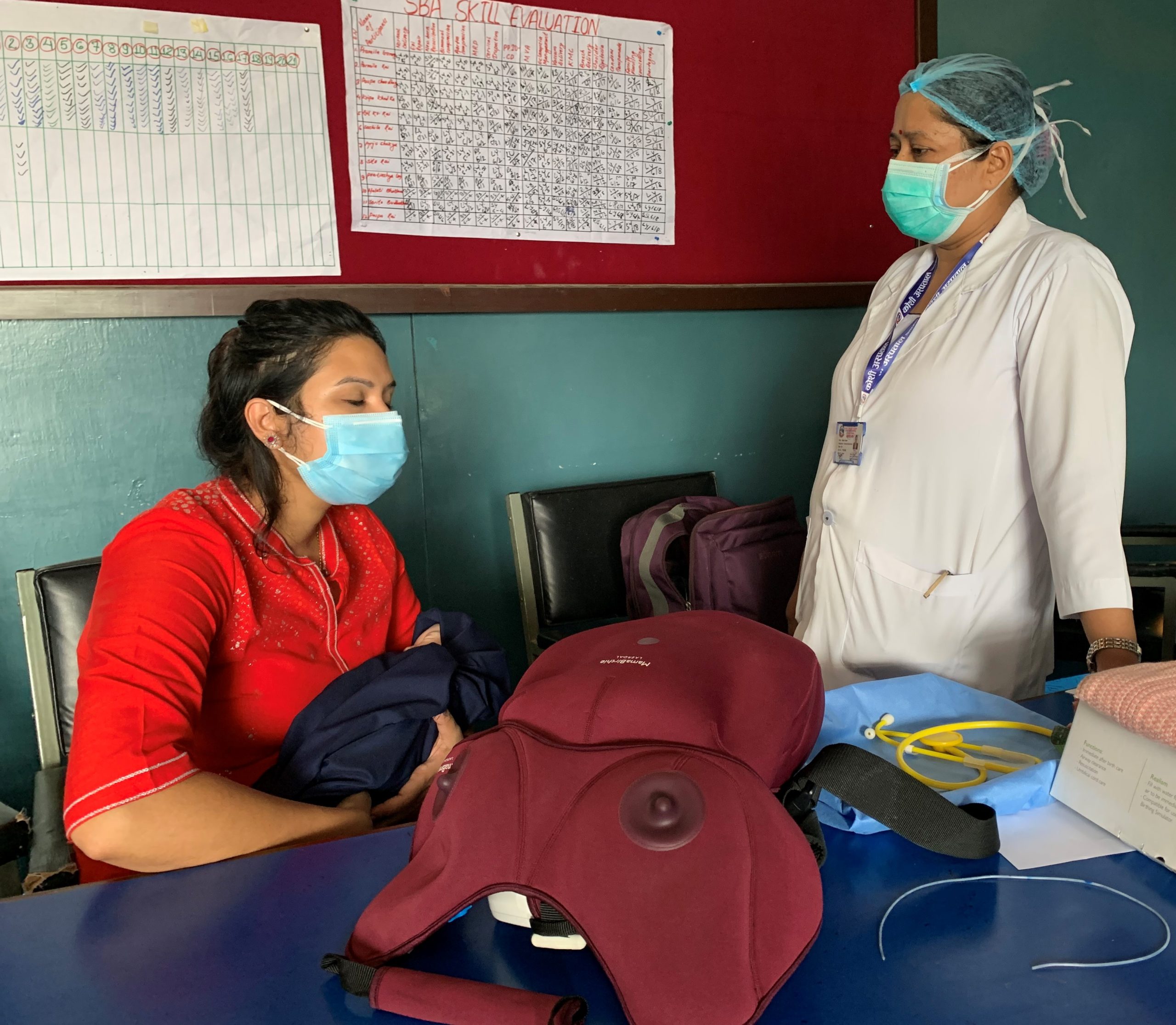
Simulated Based Education- Operational Research
Effectiveness of Simulation Based Education on midwifery skills among pre-service and in – service trainees from selected institutes of...
Learn More
